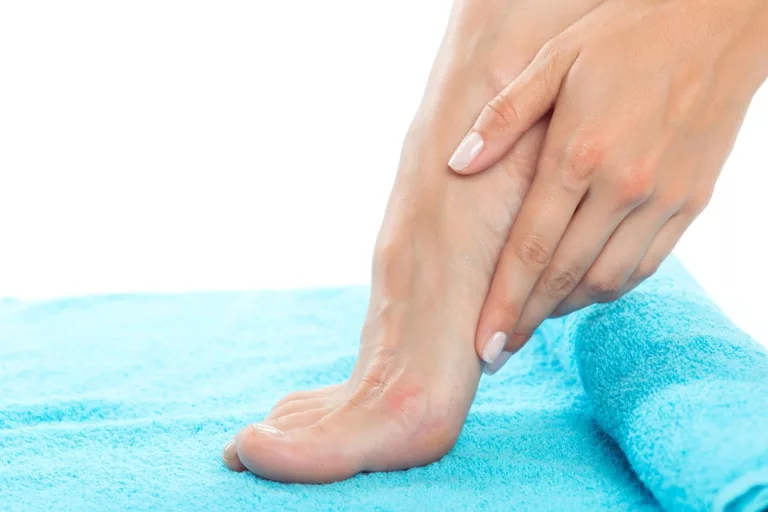Diabetes Program Success
The Unsung Success of a Diabetes Prevention Program
More than 86 million people have prediabetes, and the numbers continue to grow. While articles appear every day touting new breakthroughs in treatment, many of these never pan out. In contrast, a new program put forth by Medicare has shown fantastic preventive results, with little fanfare.
The Diabetes Prevention Program
Announced by Sylvia Mathews Burwell, will pay for lifestyle interventions focusing on diet and physical activity to prevent Type 2 diabetes. The move is based on work from an Indianapolis YMCA, which partnered with the Indiana University School of Medicine to design the Diabetes Prevention Program. More than 3,200 patients were included in the initial program. Group one was given an intensive lifestyle intervention, group two was treated with metformin and group three served as a control. The trial ended early because the results were so compelling: the medication groups saw a 31 percent reduction in risk while the intervention group saw a 58 percent reduction. After a formal evaluation, Burwell said “this program has been shown to reduce healthcare costs and help prevent diabetes.” Medicare reportedly saved $2,650 over 15 months for each person enrolled in the prevention program.
Articles appear every day on “major breakthroughs,” which later never pan out, while this one full of successes, rarely made the news. This is the curse of health services research, which seeks to improve population health through improvements in access or delivery of care. When most people think of diabetes research, they’re thinking of a cure or a new medication. Those grand slams are exciting but, they rarely happen. Nevertheless, people want to see them. Donors want to support them. Organizations hire people to go after them.
Health Services research is more about hitting singles, day after day. There’s no billion dollar payoff, no fame, no Nobel Prize. But it gets the job done, and it’s often more likely to change the health of most Americans.
http://www.nytimes.com/2016/03/31/upshot/the-unsung-success-of-a-diabetes-prevention-program.html?_r=0




